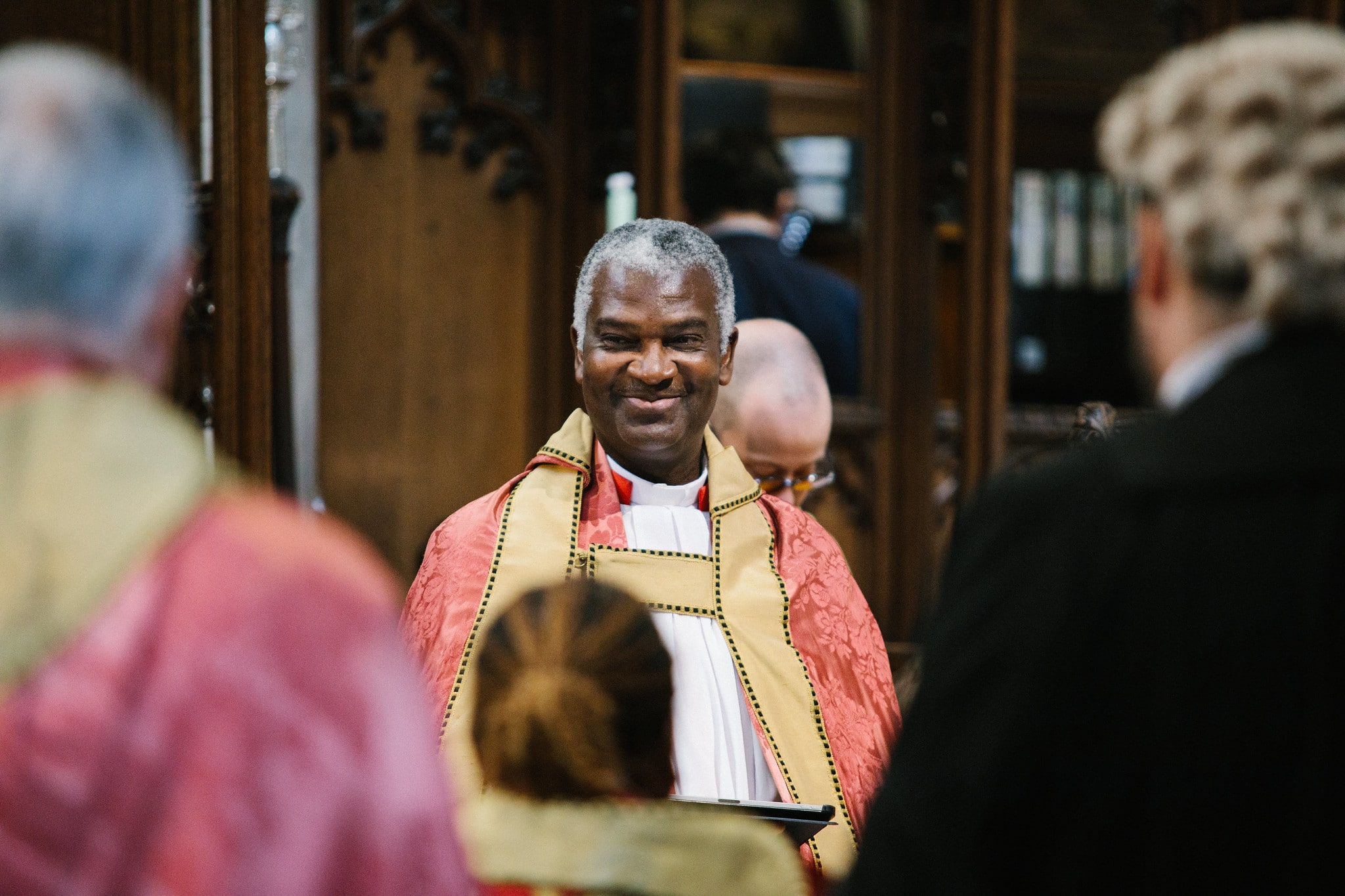Thinking about the challenges of poverty and access that are faced in 2024, it is amazing the way the black and migrant community partnered to support each other buy homes, cars, pay off large bills, develop savings and support their families.
Though those from the Caribbean, Africa and India were invited to come to the UK, they were often not given access to high street banks. Initially, families would rent a room and multiple families would share a home.
After beginning to establish themselves migrants worked to build up organisations such as TFL, the NHS and other sectors ; they also sought to have a places of their own.
The Pardner system involved a certain amount of people putting in a set amount every week known as a ‘hand’. The length of time of a cycle would depend on the amount of people. Each month a different individual would be allocated the accumulated lump sum for that month until each individual had received theirs. At the end of that cycle they could go in again if they chose to.
The pardner system took a lot of trust and was an important example of small communities working together. This enabled many to have greater access and social mobility as they adjusted to life long term in the UK.
As we think of the many ways communities support each other to thrive and grow in the midst of competing pressures it is a great way to remember the resilience and fortitude that the migrant generations of the 50s, 60s and 70s displayed; and the foundation their families are now building on.
Where they had been marginalization their was co-dependency and proactivity made a difference to many in the community. Many still use the system today, a great reminder of the importance of community and working together.
Natalie Walters- Head of JPIC






